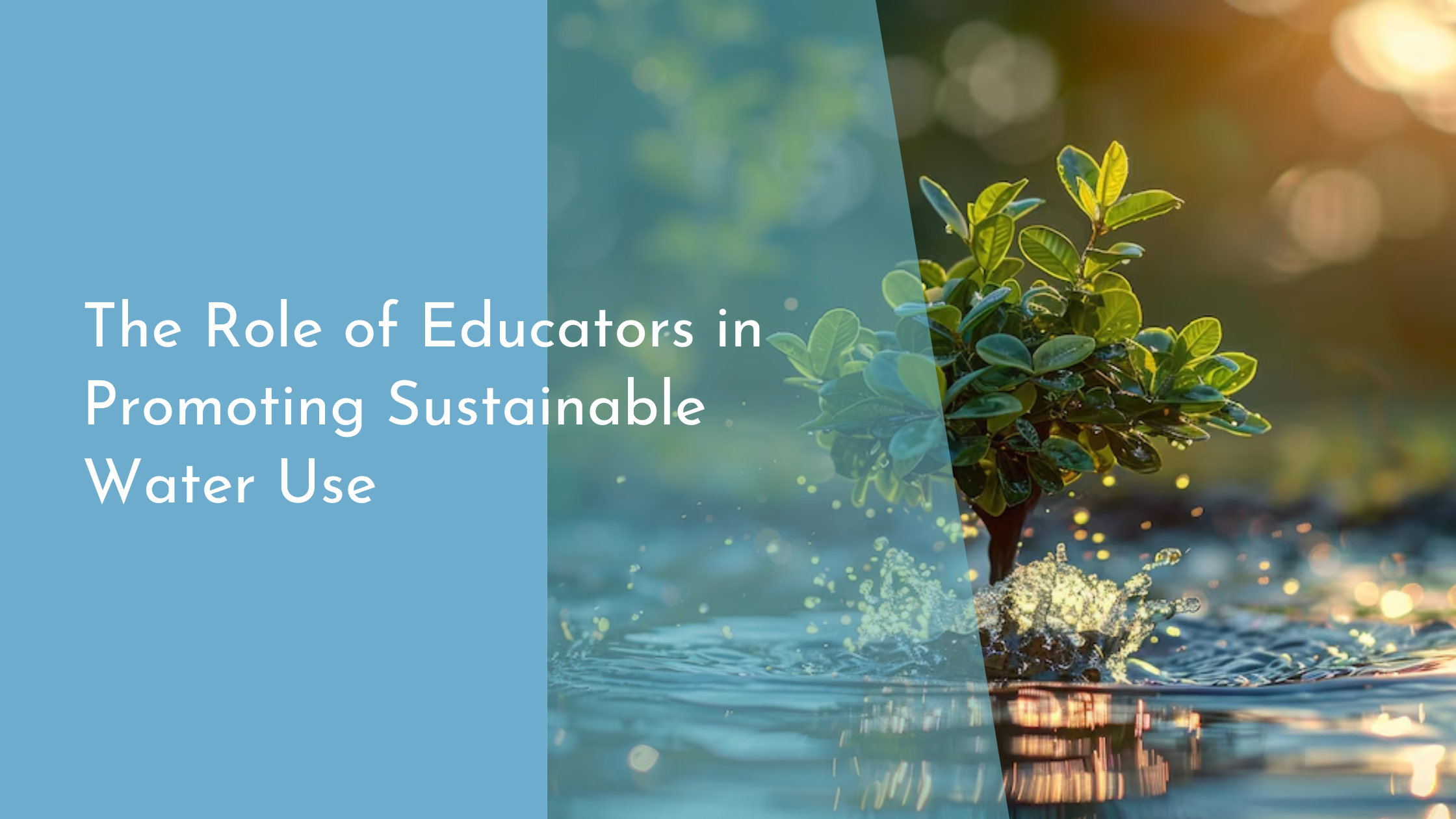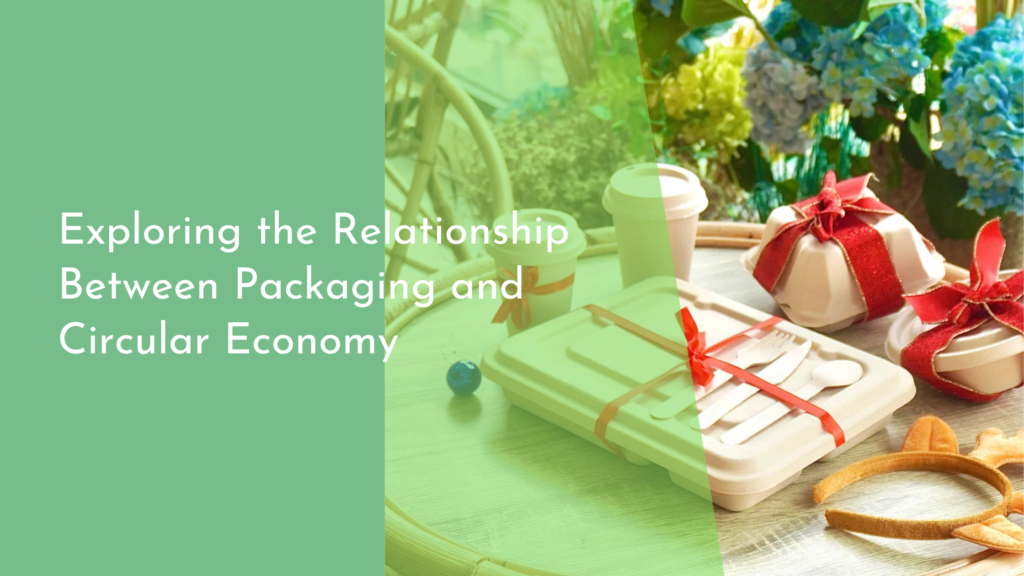The Role of Educators in Promoting Sustainable Water Use
In a world where water scarcity and pollution are becoming increasingly pressing issues, educators play a pivotal role in shaping a sustainable future. By instilling an understanding of sustainable water use in students, teachers not only educate but also inspire action and change. This article explores the dynamic role educators have in promoting water conservation, from classroom innovations to community collaborations, and celebrates those who are making a real difference.
Understanding Sustainable Water Use in Education
Educators are uniquely positioned to introduce the concept of sustainable water use to students, fostering an early appreciation for this essential resource. Sustainability in water use involves not only conserving water but also protecting it from pollution and ensuring equitable access. Teachers can integrate these concepts into various subjects, showing students the interconnectivity between human activity and water ecosystems. By embedding sustainability into the curriculum, educators help students understand the impact of their daily choices on the environment, encouraging them to think critically about water use.
Incorporating lessons on water history, geography, and science provides students a broad understanding of the importance of water in different contexts. For instance, history lessons can explore ancient civilizations and their ingenious methods of water management, while science classes might delve into the water cycle and its significance in sustaining life on Earth. By presenting water as a critical global issue, educators lay the groundwork for informed and responsible future citizens who value and advocate for sustainable water use.
Innovative Teaching Strategies for Water Conservation
Creative teaching strategies are essential in engaging students with the topic of water conservation. One effective approach is project-based learning, where students undertake projects that require them to research, develop, and present sustainable water solutions. This hands-on method not only enhances understanding but also empowers students to take initiative in their communities. Simulations and role-playing games can also bring the topic to life, allowing students to experience the complexities of water management and conservation in a fun and interactive way.
Teachers can incorporate technology by using apps and digital platforms that simulate water usage and conservation strategies. These tools can provide real-time data and scenarios that allow students to experiment with different solutions and see the immediate impact of their choices. Additionally, using social media and digital storytelling can help spread awareness beyond the classroom, as students create and share content that highlights the importance of sustainable water practices.
Collaborating with Communities for Water Awareness
Collaboration with local communities is a powerful way for educators to expand the impact of water conservation education. By partnering with local water authorities, environmental organizations, and businesses, teachers can provide students with opportunities to engage in real-world projects and initiatives. These partnerships can lead to workshops, field trips, and guest lectures that enrich the learning experience and offer students a practical understanding of water management challenges and solutions.
Moreover, educators can encourage students to participate in community service projects focused on water conservation. Cleaning local waterways, organizing awareness campaigns, or setting up rainwater harvesting systems at schools exemplify how students can apply their knowledge and contribute positively to their communities. Such collaborations not only enhance learning but also build a sense of civic responsibility and teamwork among students, reinforcing the idea that collective action can lead to meaningful change.
Celebrating Success: Educators Making a Difference
Across the globe, numerous educators are already leading the charge in promoting sustainable water use, and their success stories serve as inspiration. For instance, teachers who have integrated rainwater harvesting into school projects report not only reduced water bills but also increased student engagement and understanding of sustainability principles. These projects often lead to school-wide initiatives that involve staff, students, and parents, magnifying the impact of the educators’ efforts.
Celebrating these successes is vital, as it highlights the tangible difference that dedicated educators can make. Recognition programs, conferences, and awards can showcase innovative educators and share their strategies with a broader audience, encouraging others to adopt similar initiatives. By honoring these achievements, the educational community reinforces the importance of sustainable practices and supports the continued development of effective teaching methods in this essential area.
The role of educators in promoting sustainable water use is both crucial and inspiring. Through innovative teaching strategies, collaboration with communities, and a commitment to sustainability, teachers empower students to become environmentally conscious and proactive citizens. As we celebrate the educators who are making a difference, we are reminded that education is a powerful tool in addressing global challenges and building a better future for all.


